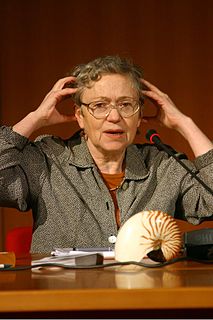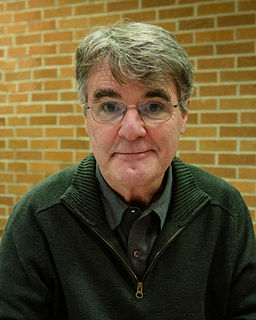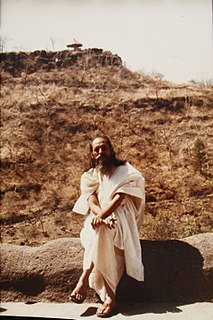A Quote by Petrarch
Books have led some to learning and others to madness.
Related Quotes
Read not to contradict and confute; nor to believe and take for granted; nor to find talk and discourse; but to weigh and consider. Some books are to be tasted, others to be swallowed, and some few to be chewed and digested: that is, some books are to be read only in parts, others to be read, but not curiously, and some few to be read wholly, and with diligence and attention.
I always resist seeing my own personal motivation in my work, but I guess it must be there on some level. And I do feel very much that my life follows the kinds of things I talk about in my books. I've always thought of myself as an insanely lucky person, so perhaps the success of my first two books led me to want to examine this phenomenon on some unconscious level.
Helping others entails learning how you are helped. In order to heal others, you must learn to heal yourself. Learning how to give to yourself is part of learning how to give to others. If you are stingy with yourself, you will be stingy with others. When you understand how everything is given to you, you will be able to give everything to others.
Our lives are led, and our decisions made, within a network of needs and wants, some natural, some arising from the acts of others, some aggravated by the acts of the state. We are all bored, or threatened, or tantalized in differing degrees by a perilous world, some hostile people, and a not very sensitive government.







































